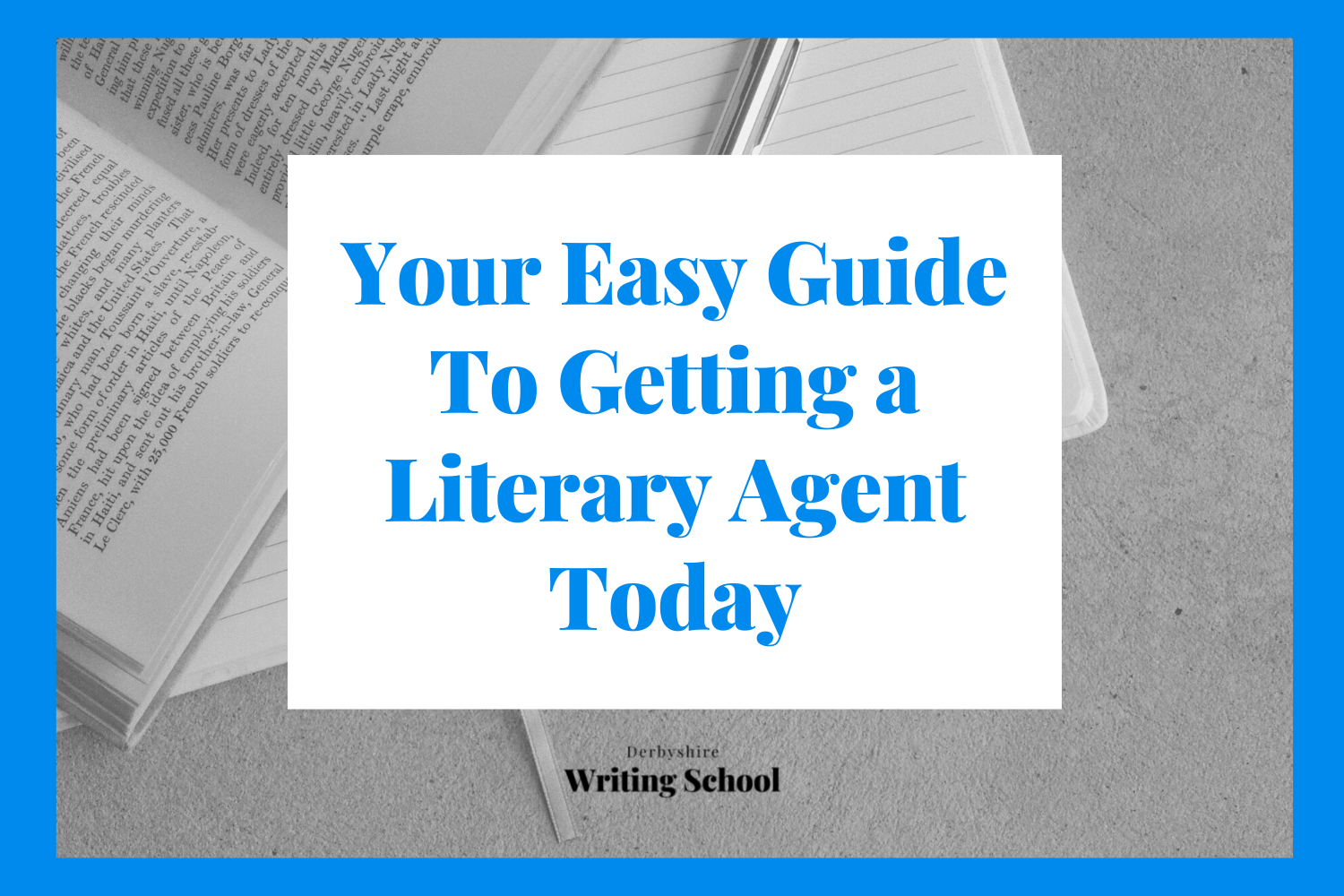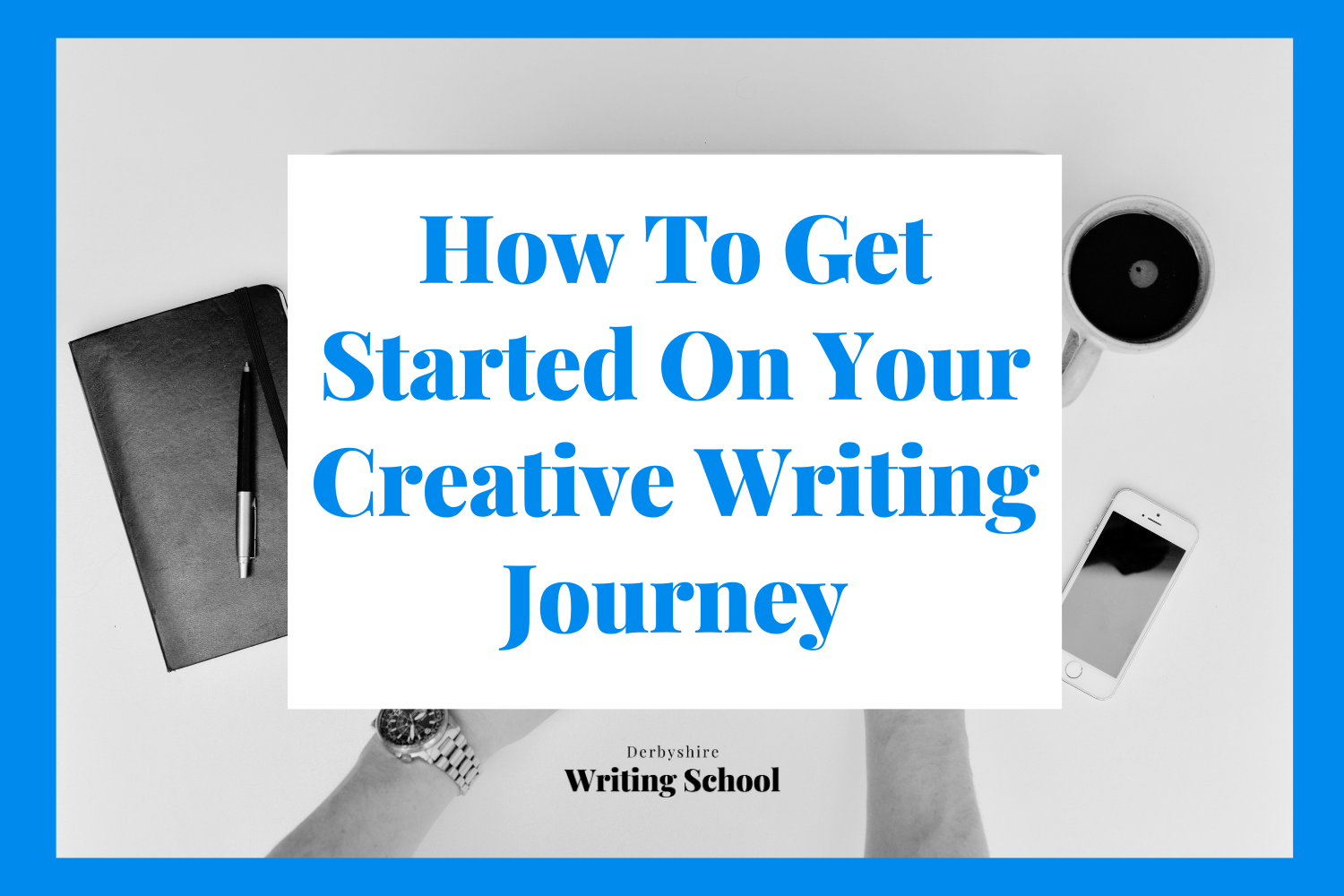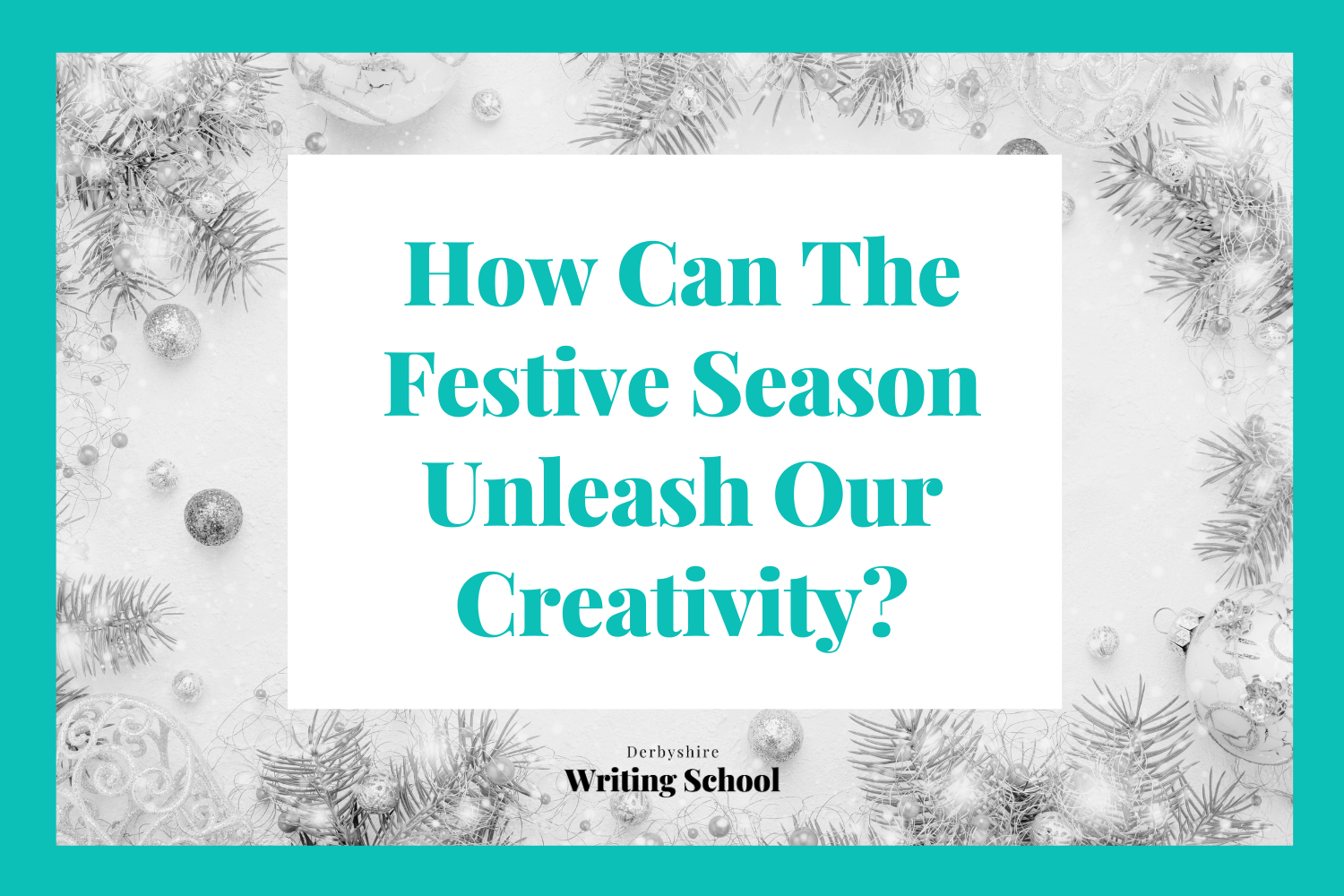Your Easy Guide To Getting a Literary Agent Today
Picture the scene.
Your email pings. A little box pops up. The subject message reads ‘Re: Book Proposal’. The first sentence… ‘I loved your book. Let’s talk.’.
Getting a reply from an agent feels like conquering the world, let alone getting that coveted book deal or representation. But where do you start? How do you get an agent, and do you even need one?
What is a Literary Agent?
A literary agent is a professional who represents a writer or a group of writers and their work. An agent has relationships with publishers and their main role is to ‘sell your work’ or your book to the most appropriate buyer. This is often in the form of pitching. The agent will pitch your unpublished novel or non-fiction work and negotiate fees and rights deals.
Do you Need a Literary Agent?
For many writers, getting an agent is the dream. It’s the pinnacle of success that means ‘you’ve made it’. This reputation and expectation can seem excessive, but agents open doors. An agent can (and should) make your life easier as a writer. They will have relationships with big publishers, deal with tricky finance questions, protect your rights and work to get you the best deal possible. Most people (writers on the street) wouldn’t have access to the big publishing houses without an agent. They are the gatekeepers — good or bad. This is how the industry has worked for years.
However, an agent isn’t for everyone. Typically, they’ll take a 15-20% commission on your book deal. They will fight your corner, but ultimately a lot of big decisions will be taken away from you (and them). These will sit with the publisher.
This is where you need to consider if traditional publishing is for you. Would you be happy if your book title changed? What about if you hated your cover? Do you love your main character’s name? Could you still love your book if the publishers changed it? If some of these questions are making you squirm, then self-publishing might be the best option for you. You’ll have more control. If this is the case, you won’t need an agent.
How to Get a Literary Agent?
Finding the right agent can be tricky. Harry Bingham talks about this in his book, Getting Published – A Guide for Authors. You’ll need to contact a lot of agents to start to see results. But it’s also about contacting the right agent and finding the best agent for you.
Stage 1 – Research. You’ll need to conduct extensive research to find an agent.
The first place we’d recommend is the Writers’ & Artists’ Yearbook. This infamous book is on the dusty shelves of many a writer. A new edition is published every year, so it’s always up to date. It lists agents by genre and style, so you’ll be able to shortlist the most relevant agents to contact. Do check online to see who’s accepting submissions, as often you’ll find agents will close their doors or certain periods in the year.
It’s also worth researching by simply opening up your favourite books noting your most-read authors and finding out who represents them. If you write in a similar genre, or in a similar style, chances are it could be a good match.
Stage 2 – Once you’ve got your list of agents to approach, carefully read the submission criteria set out on their website.
Although there are common threads in the information they ask for, they could have specific formatting requests or word counts. Don’t fall at the first hurdle by misreading their helpful information.
Stage 3 – Collate your submission package.
This is sometimes called a proposal. This is all the information the agent has asked for. This is where you need to sell yourself.
You’ll usually need to submit the following as part of your proposal (again check individual agent requirements):
A Cover letter – keep this professional. Don’t go over the top, but sell your story. Short and snappy. You’ll need to write a one-liner that pulls them in. Side note – While it’s called a cover letter, this can often be put into the body of your email. You’ll need the nuts and bolts like word count, genre, intended audience, and ‘comp titles’(these are books that are similar to yours in style or genre).
A Synopsis – This is the summary and outline of your story. It needs to be a great idea, but try to keep your emotion and hyperbole out of this one. Your plot and characters should sell themselves. You’ll find this is usually limited to one-page maximum. Ask yourself… what does your character want, why do they want it and what keeps them from getting it? Don’t be fooled, this is often harder to write than the novel!
Then your opening chapters (usually the first 3) – This is to show the quality of your writing. Don’t be tempted to send the middle chapters, or the ‘good part’ at the end. You’ll need to prove your book captures attention from page one.
Important Details You Need to Know to Get an Agent
There are so many decisions and tasks involved with finding an agent. Take your time and research! A few other snippets:
Agents will never sell your work, steal your story idea, or copy characters. They follow strict professional conduct, so don’t worry about feeling the need to password-protect your work or add the copyright symbol. Under UK law, your work is automatically copyrighted as soon as you’ve created it.
Rejection is part of the process. According to Jericho writers, agents read around 2,000 manuscripts a year. That means roughly 5 a day, every day! You will get ignored. You will get rejected. But know it’s not personal. It’s part of the process. Just because your book isn’t right for them, or if it doesn’t fit trends, or the current market, it doesn’t mean it’s not a good book. It doesn’t mean it’s not good enough. You have options.
If an agent is reading that many manuscripts, there is no room for error. Don’t send your story until it’s finished. Whilst it can be tempting to send your work, to ‘test the waters’ it’s not worth it. Finish your novel. Edit it. Revise it. Seek help. Re-edit it. Proof and proof again before you contact agents. You want your work to be in the best possible position before sharing it with the literary world. Patience will pay off.
So many agent stories start with, well, I was sat next to X, or ‘We met at a cocktail party’ and it can feel like an uphill battle or a serendipitous event, but it doesn’t have to be this way (although we’ve got a great story on the podcast from Shirley Mann about this).
You can research, work through the stages, and take part in a strategic game of chance. Contact hundreds of agents and at worst you’ll get feedback. Or at best, you’ll have representation. We’d love to hear from you if you’ve bagged yourself an agent, or if you’re in the querying stage. Please get in touch.
P.S. Our coaching packages can be used to go through your submission package and make it shine!













